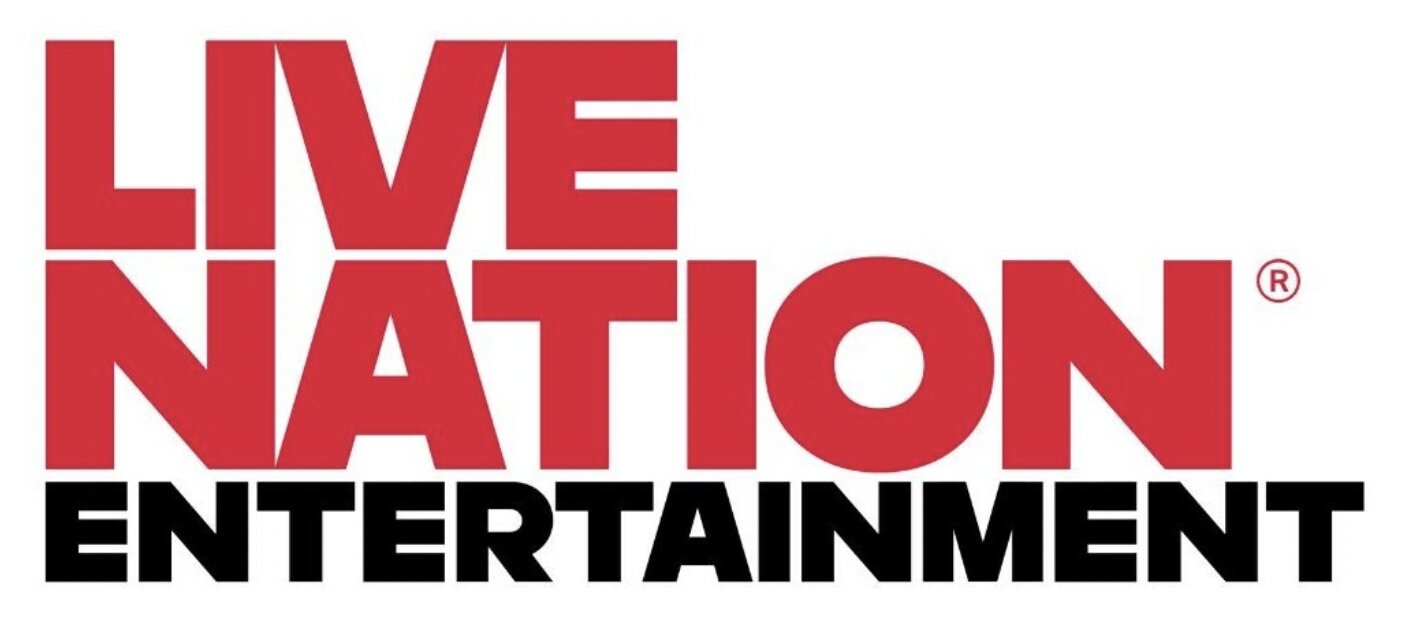The United States Department of Justice (DOJ) is poised to file an antitrust lawsuit against Live Nation Entertainment, a prominent figure in the entertainment industry, including subsidiary Ticketmaster.
This move underscores mounting concerns surrounding the company’s alleged monopolistic practices within the live event market, signaling a pivotal legal confrontation between regulatory authorities and industry giants.
The impending lawsuit stems from a series of events that have drawn attention to Live Nation’s purported exploitation of its dominant position in the ticketing and concert promotion sphere. Notably, the fallout from Ticketmaster’s handling of Taylor Swift’s “Eras” tour in 2022 served as a catalyst for intensified scrutiny. Amidst widespread criticism over transparency issues, fee structures, and the failure to thwart bot purchases, Live Nation found itself at the center of a public outcry, prompting legislative hearings and bipartisan condemnation.
During these hearings, Live Nation executives faced a barrage of inquiries regarding their business practices and the alleged stifling of competition within the market. Joe Berchtold, Live Nation’s president and chief financial officer, issued apologies and defended the company’s stance, attributing the ticketing fiasco to scalper-operated bots. However, such explanations did little to assuage concerns raised by legislators and industry rivals, who pointed to Live Nation’s substantial control over venue partnerships and ticketing platforms.
Central to the DOJ’s forthcoming legal action is the assertion that Live Nation leverages its considerable market share to undermine competition systematically. Previous regulatory interventions, such as the 2010 merger between Live Nation and Ticketmaster, failed to alleviate apprehensions regarding monopolistic tendencies. Instead, subsequent agreements aimed at curbing anticompetitive behavior were perceived as insufficient, prompting renewed scrutiny and calls for stringent enforcement measures.
The ramifications of the impending lawsuit extend beyond the confines of corporate boardrooms, reverberating throughout the broader entertainment landscape. Concert-goers, artists, and industry stakeholders alike are closely monitoring developments, cognizant of the potential implications for ticket pricing, venue accessibility, and the overall dynamics of live event experiences.
As Live Nation braces for legal proceedings, the outcome of this high-stakes confrontation remains uncertain. While the company contends with allegations of market distortion and unfair competition, regulatory authorities are tasked with upholding principles of fairness and fostering a level playing field within the live entertainment ecosystem.
